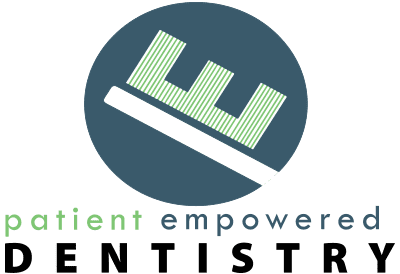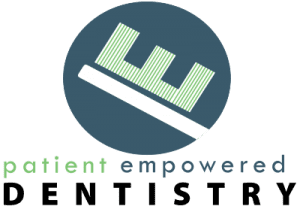Although often neglected, oral health is vital to our overall health, affecting our confidence, eating, speech, and systemic health. Without dental coverage, managing dental health can be challenging. Dental insurance aids in covering dental care costs for regular maintenance and in the case of a dental emergency. However, as per the American Dental Association, many Americans lack such coverage, making routine and emergency dental treatments financially straining.
Those without the benefits of dental insurance may resort to free clinics or dental schools for low-cost treatment. Still, these options often have long waiting times and limited services. A dental emergency usually requires immediate treatment, but without insurance, emergency dental treatment can lead to significant expenses. While savings plans for dental work can help in the case of dental emergencies and routine work, they aren’t a total replacement for insurance.
Specific common dental emergencies, like the need for root canals or surgical tooth extraction, are costly without insurance coverage, causing many to delay or skip necessary dental work, risking complications, need for emergency dental care in the future, and potential disabilities. Preventative maintenance to prevent decay and gum disease can also be tricky without active dental insurance.
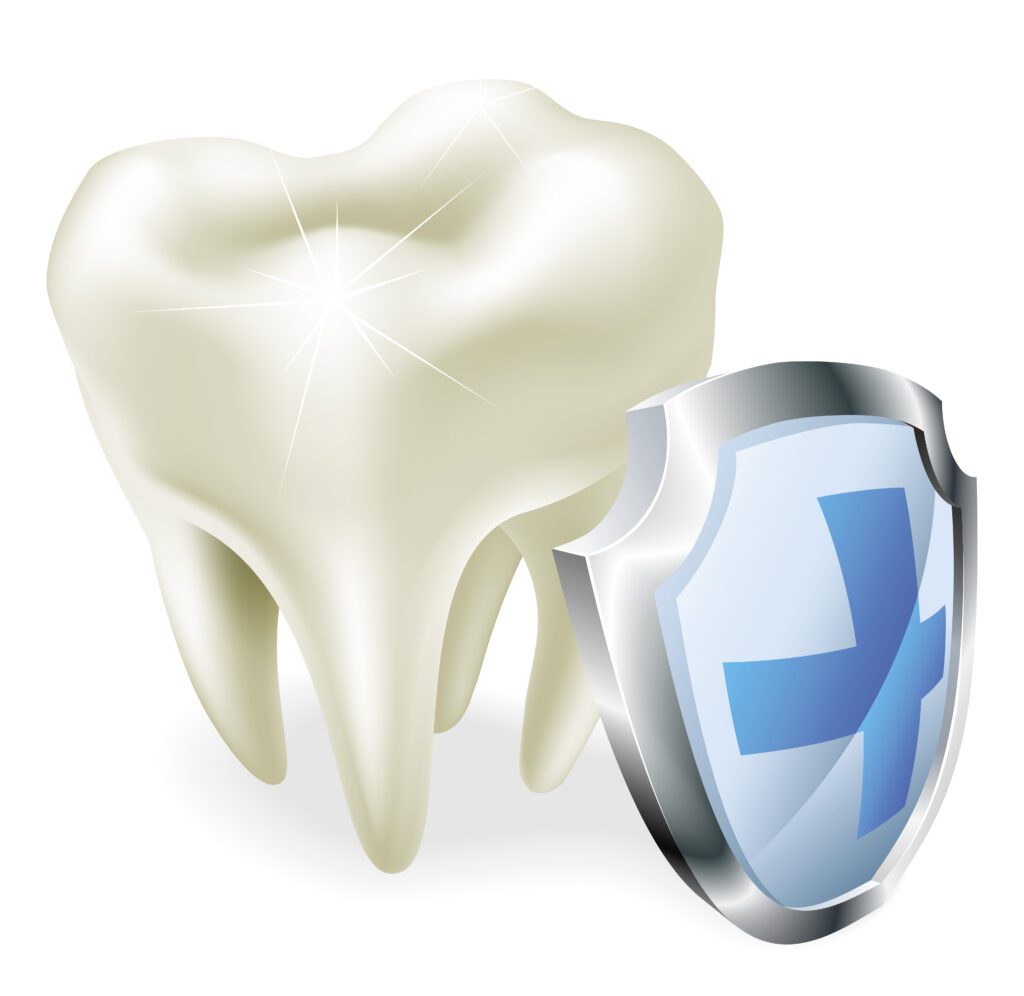
Understanding the Importance of Oral Health
The health of your mouth is crucial to overall wellness, but without dental benefits, getting necessary care can be challenging, especially when a dental emergency occurs. The American Dental Association highlights that oral health impacts conditions like heart disease and diabetes, too. Often underestimated, especially by those without insurance, regular dental services are vital for preventing serious issues.
Low-cost dental care can be found in schools training our future dentists, but they may have long waits and can’t always handle emergencies. In emergencies, immediate treatment is needed but can be costly without insurance. Low-cost care is available through dental charities and public clinics. Still, many private practice dentists don’t offer payment plans, making treatments hard to afford.
Dental savings plans offer service discounts in the case of a dental emergency but aren’t a complete replacement for insurance. A children’s health insurance program should include dental benefits for their overall development.
Neglecting your mouth can lead to severe consequences, even permanent disabilities.
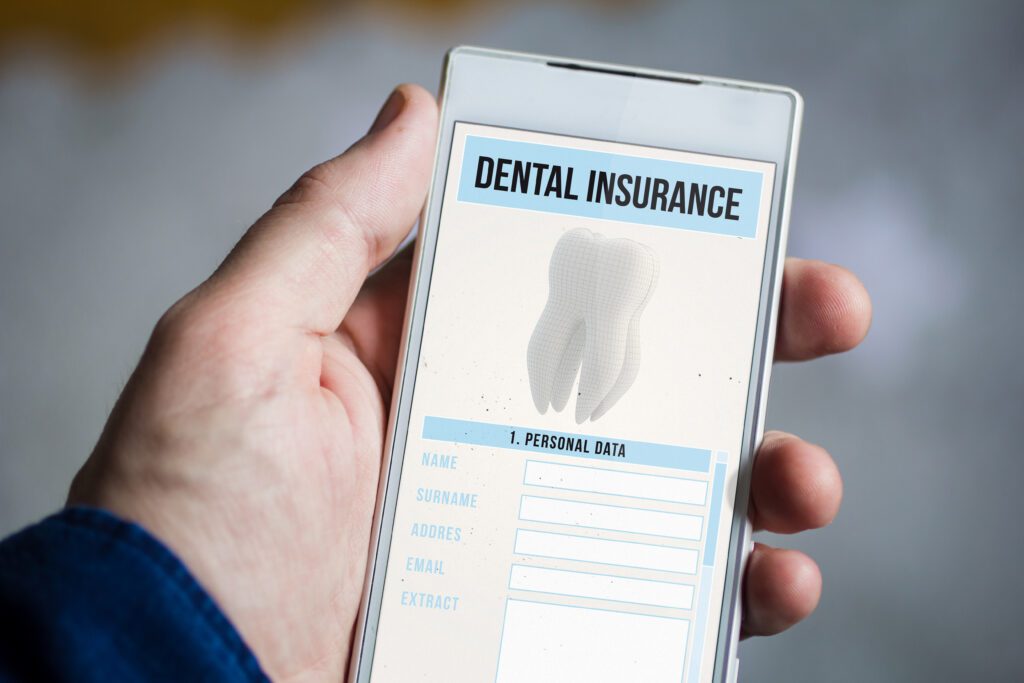
Why Dental Insurance is Important But Not Always Accessible
Dental insurance is crucial for affordable oral healthcare, covering services from routine check-ups to complex procedures and emergency dental care. It encourages preventative care by making regular visits and treatments like fluoride applications more affordable. In emergencies, insurance can be the difference between immediate care and delayed treatment due to cost.
However, dental insurance remains out of reach for many due to high premiums, limited employer coverage, and the complexity of plans. Public programs like CHIP and Medicaid offer some coverage but with limitations. Despite its importance in maintaining a healthy mouth, these barriers make dental insurance inaccessible for many. Addressing these issues is critical for broader access to necessary dental care.
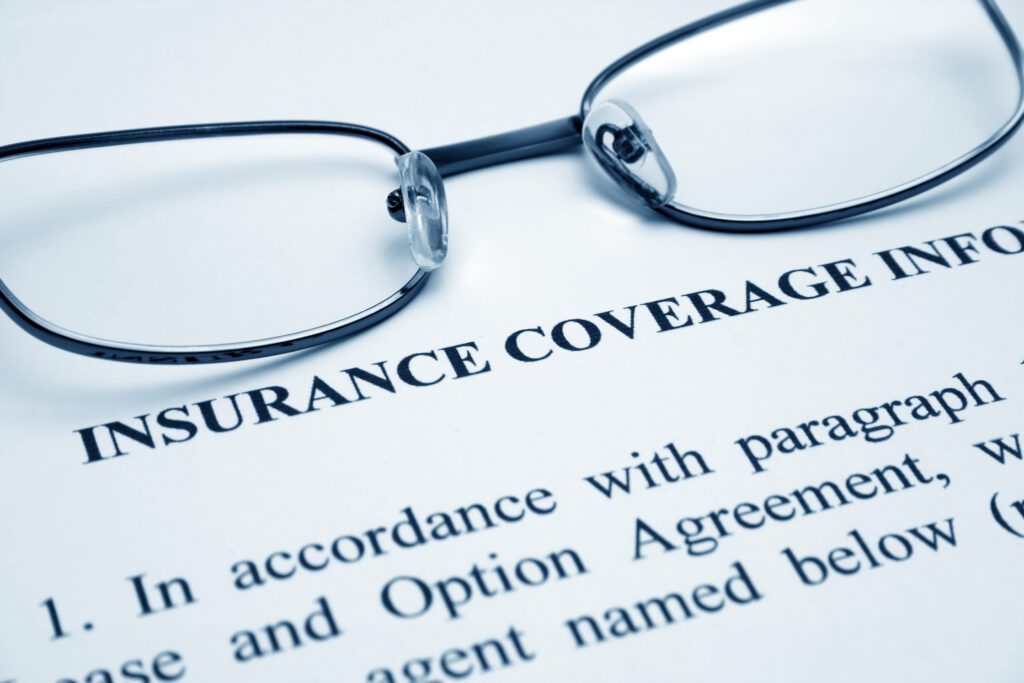
Insurance coverage
Tips and Tricks for Managing Dental Health Without Dental Benefits
Maintaining dental health with no insurance can be manageable with the right resources. There are ways to get affordable care, from free clinics and dental school services to savings plans. This section offers tips on accessing cost-effective treatments, handling emergencies, and the importance of preventative care. Stay tuned to learn how to maximize available options for your dental health.
Preventive Care
Preventive care, including regular brushing, flossing, and dental check-ups, is key to good dental health, reducing the need for high-cost treatments. The ADA recommends brushing with fluoride toothpaste and flossing daily to prevent decay and gum disease.
Low-cost check-ups are available at charity clinics, public clinics, and dentistry schools. A balanced diet contributes to a healthy mouth while limiting sugar to prevent decay. If a dental issue arises, don’t delay treatment. Affordable care can be accessed through dental savings plans and payment plans.
Remember, consistent hygiene practices and lifestyle choices trump insurance for preventive care, saving you from costly dental problems and contributing to overall health.
Regular Check-ups
Regular dental check-ups are crucial to preventive care, even for those without insurance. These visits allow dentists to detect early signs of health issues such as decay, gum disease, and other dental problems. Early detection often means simpler, less expensive treatment and can prevent the need for emergency dental care.
The American Dental Association recommends a dental check-up at least twice a year. However, many without dental coverage often skip these visits due to cost concerns. While it’s true that dental services can be costly, there are ways to access affordable dental care.
Look for Clinics
A good starting point is to look for free dental clinics or low-cost clinics in your community. Many cities have charity clinics or public dental clinics run by community centers that offer dental services at reduced rates. Some even provide free dental care to qualifying individuals.
Call a Dental School
Dental schools are another excellent resource for affordable care. Dental students, supervised by licensed dentists, provide a range of treatments from cleanings to root canals. Because they’re training institutions, the cost of care is usually significantly less than private practice. To find a dental school near you, consult the website of the American Dental Association, which maintains a list of all accredited schools in the U.S.
Look into Savings Plans
Another option to consider is a dental savings plan. Unlike dental insurance, a dental savings plan provides discounts on dental services at participating dentists. There’s no waiting period, no annual limits on use, and no restrictions on pre-existing conditions. Many dentists accept dental savings plans, making them a viable alternative to dental insurance.
Remember, regular dental check-ups are an investment in your health. By catching dental issues early, you can save money on treatments and maintain a healthy smile. Don’t let the lack of dental insurance deter you from seeking the care you need. With careful planning and resourcefulness, affordable care is within reach.
Home Remedies
Home remedies can offer temporary relief for minor dental issues, particularly for those without a dental plan. They can help manage discomfort and may prevent the condition from worsening. But remember, home remedies are not a replacement for professional dental care.
Use Saltwater
Tooth pain, a common dental problem, can be eased with a warm salt water rinse. This natural disinfectant can also dislodge any food particles trapped between teeth. Over-the-counter pain relievers and topical numbing gels can also provide interim relief.
If you’re dealing with a knocked-out tooth, a true dental emergency, gently rinse it without scrubbing off any tissue, and if possible, place it back in its socket. If that’s not possible, store it in a cup of milk. This situation requires immediate treatment from an emergency dentist or, if none is available, head to the emergency room.
Brush Twice a Day
For gum disease, maintaining excellent oral hygiene is key. Brushing twice daily, flossing daily, and using an antiseptic mouthwash can help keep your gums healthy. A warm salt water rinse can also alleviate inflamed gums.
Limit Sweet Treats
To manage tooth decay, limit sugar intake, follow a balanced diet, and maintain regular brushing and flossing habits. Using fluoride toothpaste can also help reinforce tooth enamel and prevent decay.
However, it’s crucial to understand the limitations of home remedies. While they can provide temporary relief, they cannot address serious dental issues like severe tooth decay, a root canal, surgical extractions, or other complex treatments. If you’re experiencing severe or persistent pain, swelling, or other concerning symptoms, it’s time to seek professional help. Left untreated, these issues can worsen and lead to more expensive and invasive treatment down the road.
Even without dental coverage, affordable dental work is accessible. Community healthcare centers, schools, and low-cost clinics offer discounted services. Dental savings plans can help offset the cost of treatments. In true dental emergencies, don’t hesitate to visit the emergency room. Ignoring a severe dental issue can lead to more significant health problems and higher expenses in the long run. Always prioritize getting the appropriate care for your dental health needs, as it is an investment in your health.
Payment Plans and Discount Programs
Navigating dental care without insurance can seem daunting. However, there are several avenues to explore that can make dental services more affordable. One such option is negotiating a payment plan with your dentist.
Many dentists understand the financial constraints that some patients face and are willing to work out a payment plan that fits their budget. These plans typically allow you to pay off your expenses over a period of time rather than in one lump sum. This can be particularly helpful when dealing with costly procedures like root canals or surgical extractions.
Before committing to a payment plan, it’s essential to understand all the details clearly. Ask about any interest or fees that might be associated with the plan. Also, inquire about what happens if you miss a payment. Remember, communication is critical. Being upfront about your financial situation can help your dentist develop a plan that works for both of you.
In addition to payment plans, dental discount programs are available, which can be a great alternative to dental insurance. For instance, in Michigan, several dental savings plans are offered by various organizations.
Dental savings plans provide members with significant discounts on treatments. They work similarly to a membership club: you pay an annual fee and get access to reduced rates on dental services from participating dentists. As with many dental insurance policies, there’s no waiting period and no restrictions on pre-existing conditions.
One such program in Michigan is the Dental Care Advantage program. It offers 15-50% discounts on dental services at participating dentists. Another option is the Aetna Dental Access Plan, which provides discounts on dental treatments and even specialty care like orthodontics.
Researching different programs and choosing one that fits your needs and budget is essential. The American Dental Association’s website is a good resource for finding accredited programs.
Remember, while discount dental plans can help reduce dental expenses, especially in the case of a dental emergency, they are not a substitute for dental insurance. They do not cover the cost of a dental treatment but rather provide discounts on the services.
Even without health insurance benefits, affordable dental treatments are attainable. Whether through a payment plan with your dentist, exploring free dental clinics, or joining a dental discount program, there are ways to receive the dental care you need while managing costs.

Recapping on Prioritizing Your Health
In conclusion, managing dental issues without a dental health plan can be challenging but far from impossible. The key lies in understanding your options and taking proactive measures to maintain your dental health.
We’ve discussed various home remedies that can temporarily relieve minor dental problems until you can get to an emergency dentist, such as tooth pain, disease or pain in the gums, and even a knocked-out tooth. However, it’s crucial to remember that these are not substitutes for professional dental care. Severe or persistent symptoms require immediate attention from a licensed dentist.
Negotiating a payment plan with dentists is a feasible option for many individuals. Many dental clinics understand the financial constraints of their patients and are willing to work out a payment plan. Dental discount plans like the Dental Care Advantage program and the Aetna Dental Access Plan in Michigan can also provide significant savings on oral treatments.
Community health centers, schools, and low-cost dental clinics are additional resources for affordable dental treatments. Moreover, dental emergencies require immediate treatment, and the cost of ignoring a serious issue can lead to more significant health problems and higher dental expenses in the long run.
Remember, maintaining good oral hygiene and regular dental visits are preventive measures that can save you from a costly dental treatment in the future. Prioritize your health—it’s an essential component of your overall well-being.
No matter your medical coverage situation, affordable dentistry is within reach. It may require research and some negotiation, but don’t let financial constraints prevent you from seeking the dental care you need. Your smile is worth it!

Your Dental Health Awaits Your Attention
Don’t wait another day to prioritize your dental health. Patient Empowered Dentistry can help you navigate your dental care options, regardless of your medical insurance situation. Our team of experienced and compassionate professionals is committed to providing personalized advice and affordable treatment options that work for you. Schedule a consultation with us today. Let’s work together to keep your smile healthy and bright.
Remember, your oral health is an investment in your overall well-being. Take the first step towards healthy teeth today!
